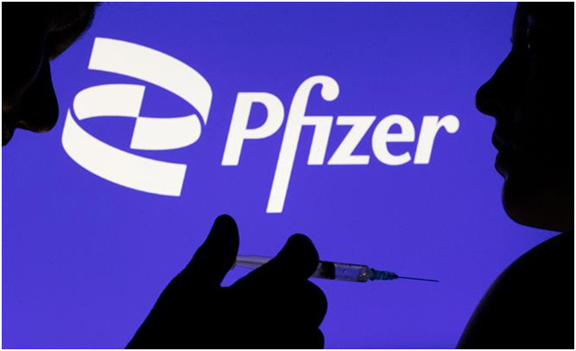
A two-dose Pfizer/BioNTech vaccination provides just 33 per cent protection against infection by the omicron variant of the coronavirus, but 70 per cent protection against hospitalisation, according to a large-scale analysis in South Africa.
The first large-scale analysis of vaccine effectiveness in the region where the new variant was discovered appears to support early indications that omicron is more easily transmissible and that the Pfizer shot isn’t as effective in protecting against infection as it was against the delta variant.
Omicron poses a higher risk of reinfection. For individuals who have previously had Covid-19, the risk of reinfection with omicron is significantly higher than that of earlier variants.
Risk of hospitalisation from omicron is lower. Hospital admissions among adults diagnosed with Covid-19 attributed to omicron is 29 per cent lower compared to the Covid-19 wave that South Africa experienced in mid-2020, after adjusting for vaccination status.
The analysis was based on more than 211,000 positive Covid-19 test results, 41 per cent from adults who had received two doses of the Pfizer vaccine. About 78,000 of these positive Covid-19 test results between November 15 and December 7 were attributed to omicron infections.
The study was carried out by Discovery Health, South Africa’s largest private health insurer, and the South African Medical Research Council.
The study has been carried out in the weeks since omicron was first announced in November by scientists in South Africa and Botswana. The researchers emphasized that its findings are preliminary and not peer reviewed.
The data are gathered from the first three weeks of South Africa’s omicron-driven wave and may change as time passes. South Africa is the first country to experience a surge in Covid-19 driven by the omicron variant.
South Africa has experienced rapid community spread — concentrated in its most populous province, Gauteng — dominated by the omicron variant.
Source: AP





Be the first to comment